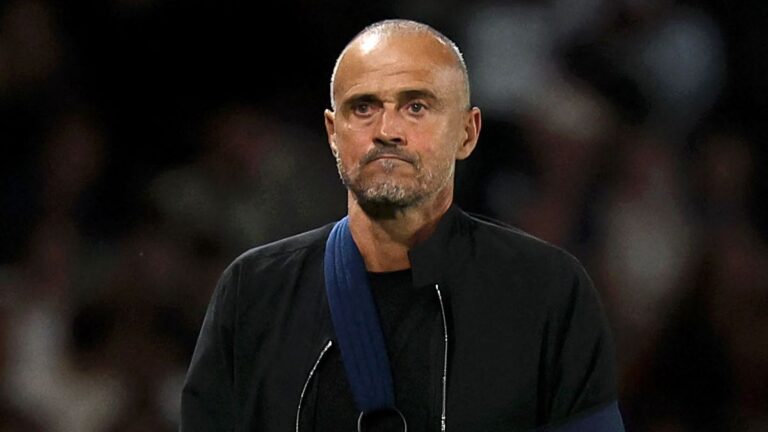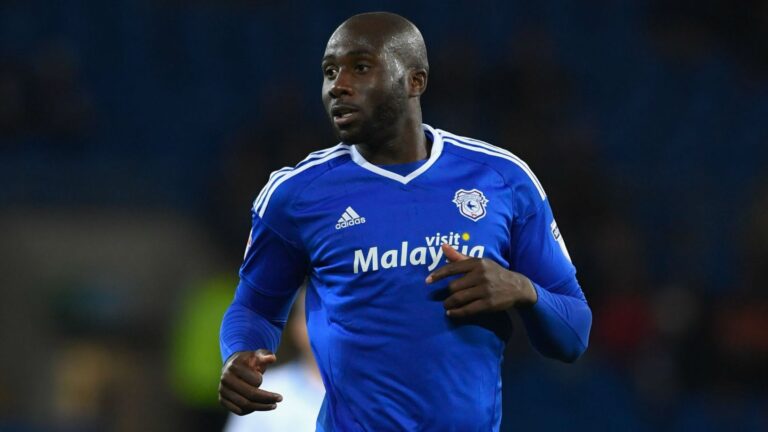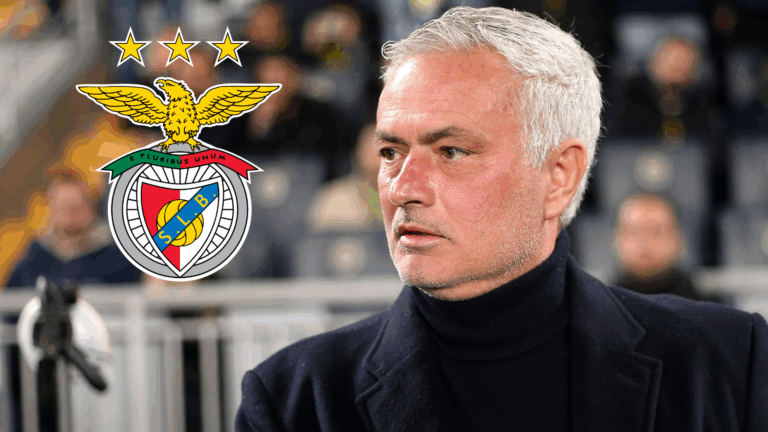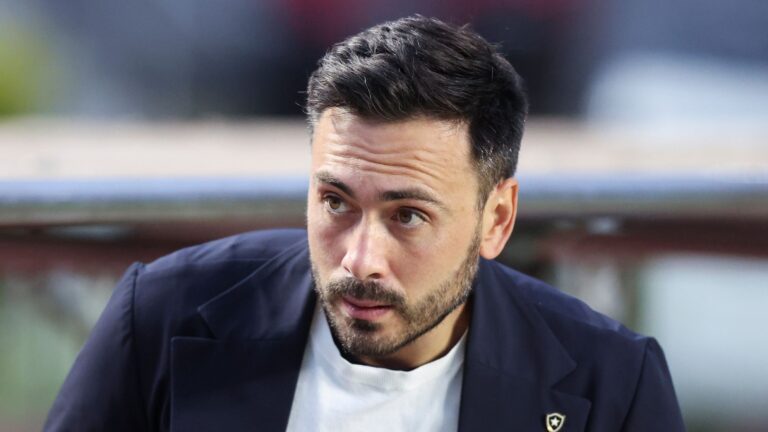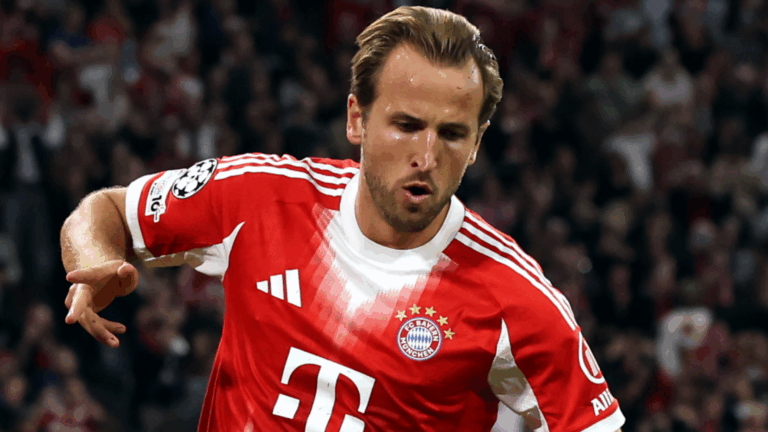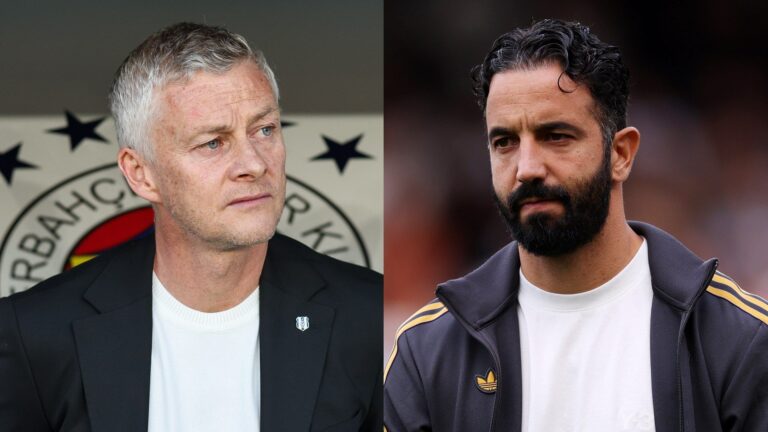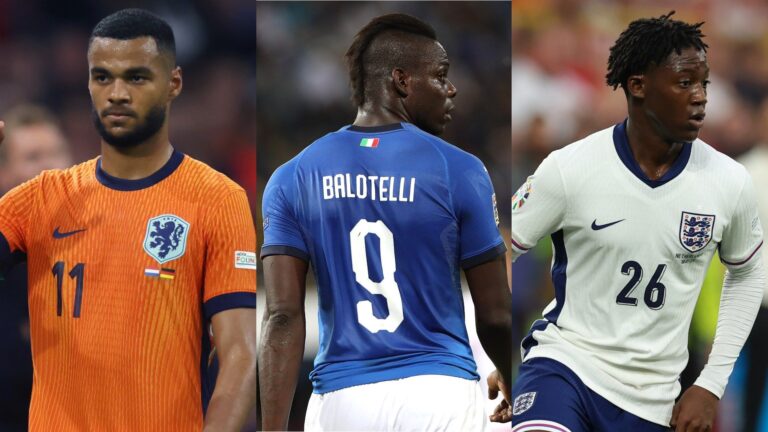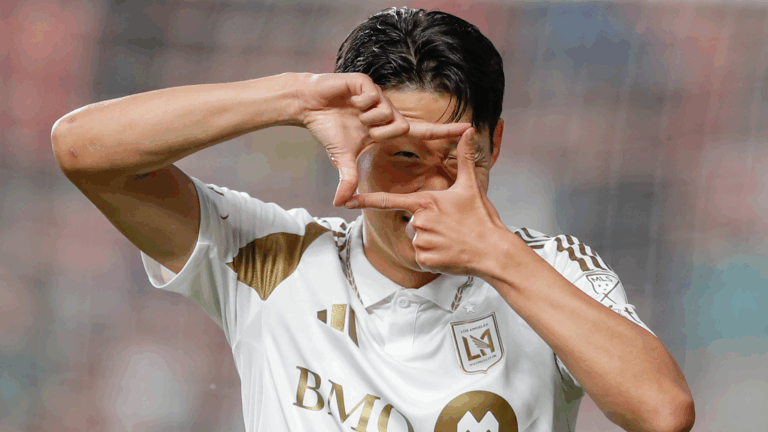


According to a report by La Gazzetta dello Sport, Serie C side Crotone has been placed under judicial administration for a year following evidence of mafia interference in its business activities. The Court of Catanzaro accepted a joint proposal from Italy‘s anti-mafia prosecutors, citing “sufficient evidence” that the ‘Ndrangheta exercised “suffocating control” over the club’s operations. Investigators say the influence spanned at least a decade, with a particular focus on stadium security and entrance management.
The case underlines the long-standing vulnerability of Italian football to organized crime. The ‘Ndrangheta, one of the most powerful mafia syndicates in Europe, has often used sport as a means to launder money and assert local influence. Prosecutors described how Crotone’s activities had been “profoundly affected” by intimidation, echoing similar measures taken against Foggia in recent years. For authorities, this is as much about safeguarding the sport as dismantling criminal business models.
The Vrenna family, long-time owners of Crotone and architects of the club’s famous 2016 promotion to Serie A, distanced themselves from any wrongdoing. Through lawyer Francesco Verri, they stated: “We will carefully examine the interim order from the Catanzaro Court and prepare for the hearing scheduled for October 13th.
“We note that this is not a punitive measure at all: the measure was adopted because the Judicial Authority believes that FC Crotone has been subjected to the ‘Ndrangheta’s power of intimidation and does not even remotely suggest complicity or connivance by the club, its shareholders, or its managers and collaborators.
“FC Crotone will actively collaborate with the judicial administrators appointed by the Court to continue its activities in the best interests of the club, its fans, and the sport in general.”
As part of the process, the FIGC’s prosecutor’s office will acquire all relevant documents from judicial authorities. At the same time, 17 individuals face stadium bans linked to mafia-related activities. The measure is intended as a shield, protecting the club and its community from further infiltration. The court’s decision reflects a broader institutional effort to isolate criminal influence from Italian football at every level, ensuring governance aligns with legality.
Despite the intervention, Crotone will continue to operate in Serie C under court-appointed administrators. Gli Squali, who finished fourth in their group last season but missed out in the promotion play-offs, will now attempt to focus on football under extraordinary circumstances. The club insists that sporting activities will proceed without disruption, though the wider implications of mafia infiltration once again place Italian football governance under the spotlight.


